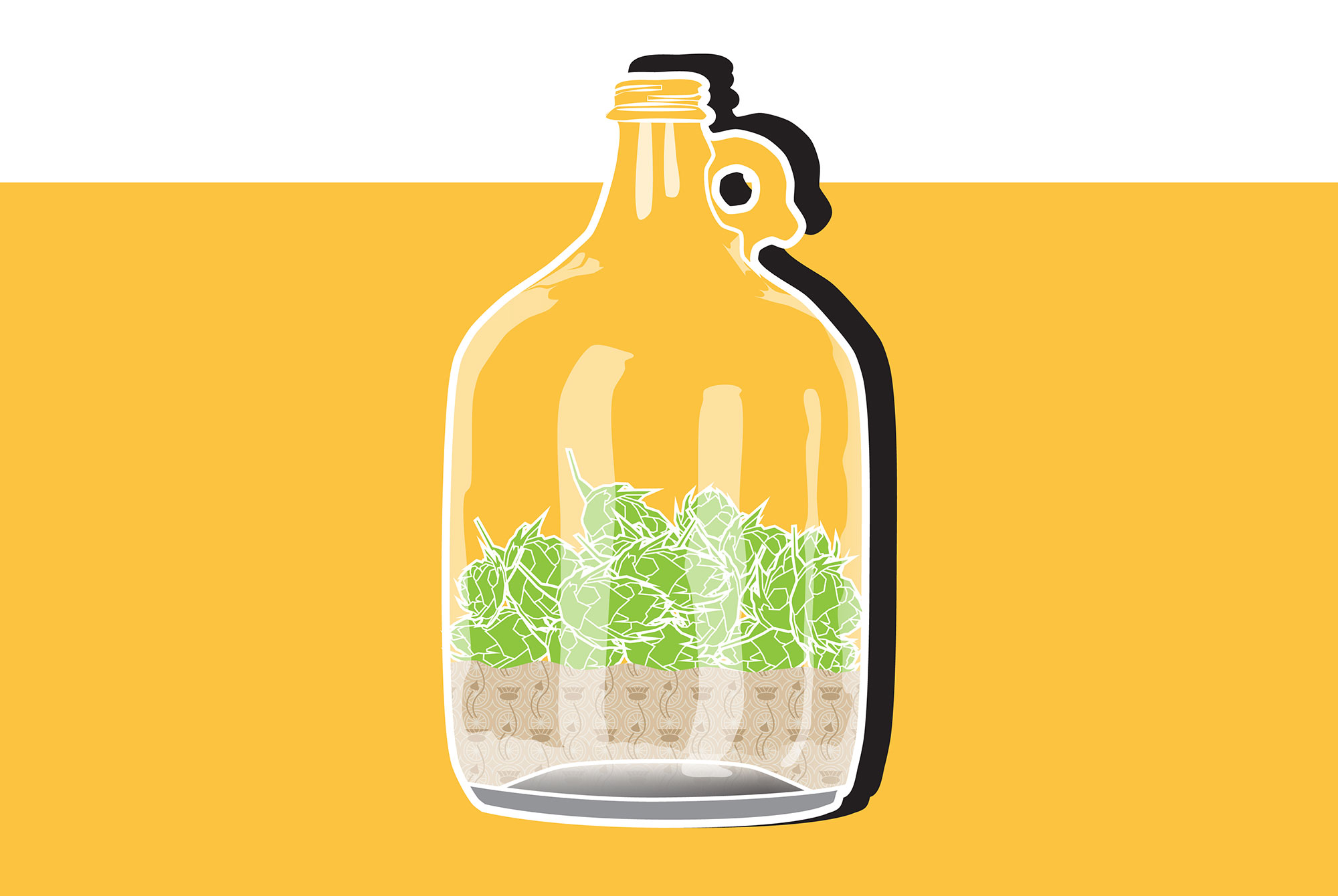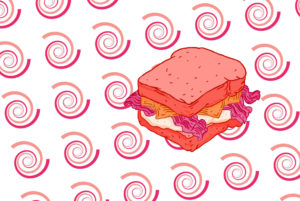Shop
What Is Dry Hopping and Why Is Seemingly Every IPA Dry Hopped?
The most popular trend in craft beer, explained.
It’s 12th century Germany.
Beer, in the sense we’ve come to know it in 2017, doesn’t yet exist. A rather angelic looking (if we are to believe the portraits) brown-eyed nun named Hildegard spends her days researching and writing what will amount to nine books about science and medicine. And beer. Miraculously, Hildegard discovers that hops keep putrefaction at bay.
When Hildegard brews (because what’s more badass than a brewing nun?), she mashes grains with water to create wort, ferments that wort, and then begins adding hops — which grow wild in the German forests — at the end of the process as a preservative. The ale has a minor bitter flavor and scent. This practice is what we now know as dry hopping.
By many accounts, four hundred years after Hildegard, Henry VI, with pressure from the Catholic Church, restricts hop usage due to the threat to gruits sales, on which the church had a near-monopoly. After time passes and public opinion softens, the ban lifts and the use of hops becomes increasingly popular, both added to the boil or dry hopped.
(The term dry hopping comes from the fact that the hops are placed dry into the fermented ale. Though they do get wet in the process, they are not boiled in the wort, so the name stuck.)
By the 1800s, hopped beer surpassed gruit in popularity and to this day brewers still continue the practice of dry hopping when they want to use hops to create aroma, instead of the strong bitter flavor that results from boiling hops in the wort (and leaching alpha acids). There are a few different methods by which brewers can dry hop. The most common method is to siphon fermented beer into a secondary fermenter and add hops for flavor, typically in the days leading up to bottling or canning. The hops can be whole cone, which float, or pelletized hops, which sink.
Industry professionals also use dry hopping to flavor beverages other than beer, like cider for example, if they want to add a bit of the bitter, hoppy flavor and aroma we love so much.



